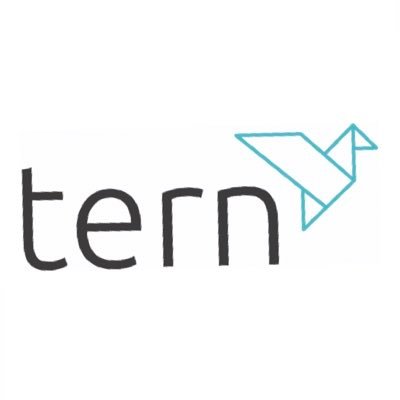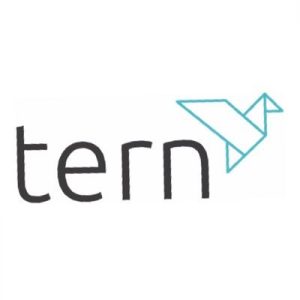Advanced technology in manufacturing often conjures images of high-tech environments like the automotive industry or robotic warehouses. However, with the increasing accessibility of artificial intelligence (AI) solutions, many more manufacturing operations can now benefit from these advancements. Cloud-based AI, alongside new generative AI capabilities, is making AI integration more feasible across various sectors.
The Smart Factory concept, originating from Germany’s Industrie 4.0 initiative in 2013, has evolved considerably, although it remains in its early stages. The primary goal of a Smart Factory is to use advanced technologies to enhance productivity, flexibility, efficiency, and competitiveness in manufacturing. The initial focus was on engineering innovations, such as 3D printing, and analytics, supported by enhanced plant connectivity and automation. This connectivity, achieved through sensors and meters, helps optimise operations by providing valuable data for better decision-making.
The Internet of Things (IoT) supports the Smart Factory through its specialised subset, the Industrial Internet of Things (IIoT). Unlike consumer-level IoT devices, IIoT involves specialised equipment like vibration sensors, energy meters, and temperature gauges designed to gather real-time data in industrial settings. This data enables various applications, from predictive maintenance to optimising equipment effectiveness and reducing energy consumption.
AI significantly enhances the Smart Factory concept by advancing the capabilities of the IIoT. Initially, Smart Factory analytics relied on advanced reporting and basic machine learning. Today, AI has expanded to include virtual reality, augmented reality, autonomous guided vehicles, generative AI, and digital twins. These technologies offer numerous possibilities for improving factory operations.
Digital twins, for example, are virtual models that accurately represent physical objects or systems, continuously updated with real-time data. AI helps create these models and analyse the data, enabling better decision-making and predictive maintenance. Generative AI can further enhance this by organising and analysing data from various sources, identifying patterns or anomalies that might not be evident otherwise.
Predictive maintenance is another crucial application of AI in the Smart Factory. IIoT devices monitor machine conditions, performance, and usage, collecting data that AI uses to predict potential failures or issues. This allows manufacturers to take preventative measures, minimising downtime and avoiding costly disruptions.
AI also plays a role in enhancing quality control by combining sensor data with automated monitoring. Optical recognition systems, supported by AI, can identify quality issues in real-time, reducing defects and improving overall product quality. This combination of technologies not only improves quality but also boosts productivity, sustainability, and profitability by reducing waste.
In terms of production, AI helps make sense of the massive amounts of data generated by sensors and machines throughout the plant. By consolidating this data into an integrated platform, AI can monitor performance, detect anomalies, and identify underperforming areas. This analysis drives continuous improvement initiatives and overall equipment effectiveness.
Moreover, AI contributes to improved sustainability, especially as energy costs have become a critical concern for manufacturers. By analysing data related to energy use, plant operations, and environmental conditions, AI helps identify opportunities to optimise energy consumption. This not only supports profitability but also aligns with sustainability and Net Zero goals.
AI and IIoT are transforming the manufacturing industry by turning vast amounts of data into actionable insights. This partnership offers manufacturers a streamlined approach to improving operations, enhancing quality, and achieving greater sustainability.
Tern plc (LON:TERN) backs exciting, high growth IoT innovators in Europe. They provide support and create a genuinely collaborative environment for talented, well-motivated teams.


